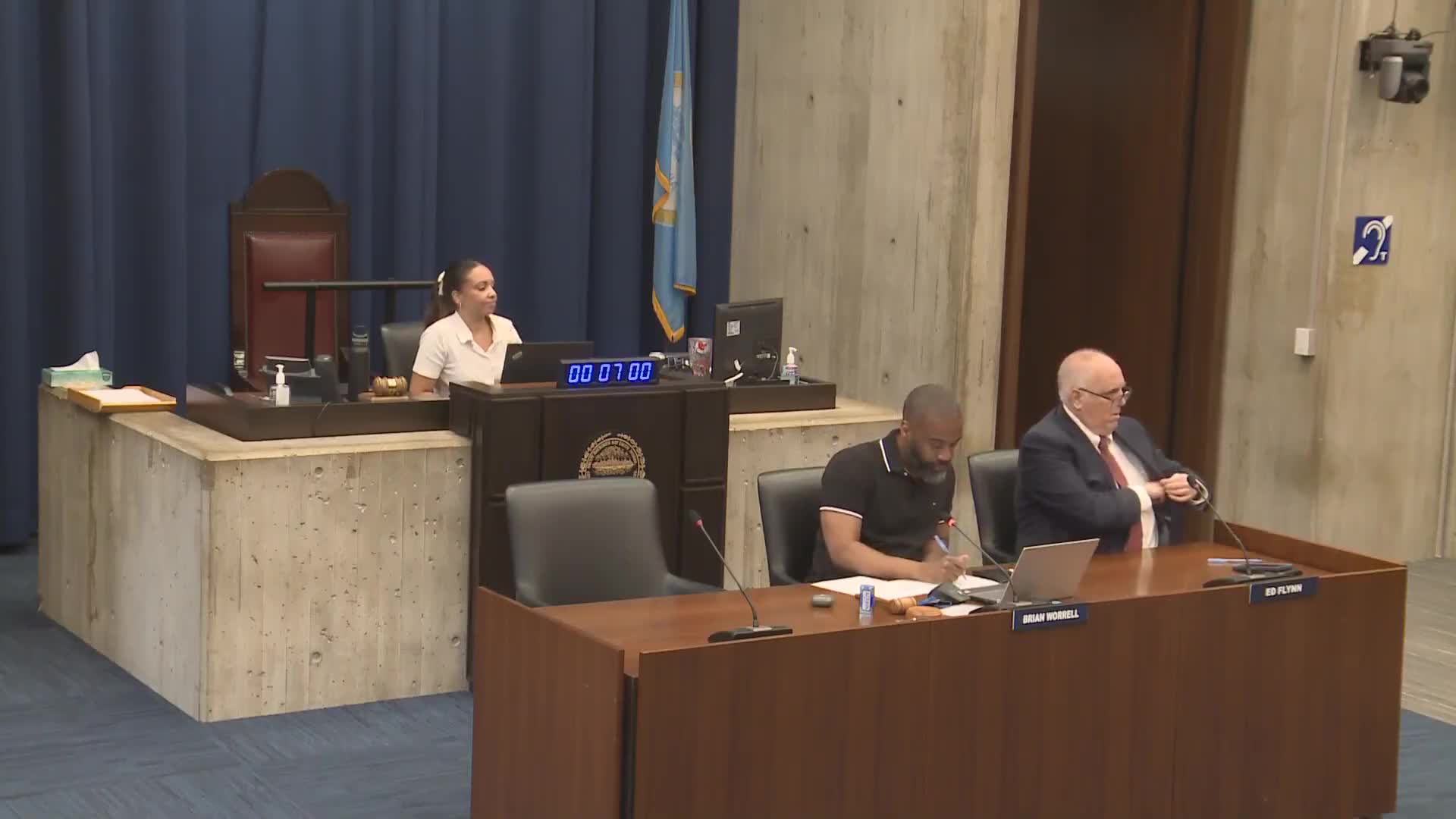Article not found
This article is no longer available. But don't worry—we've gathered other articles that discuss the same topic.
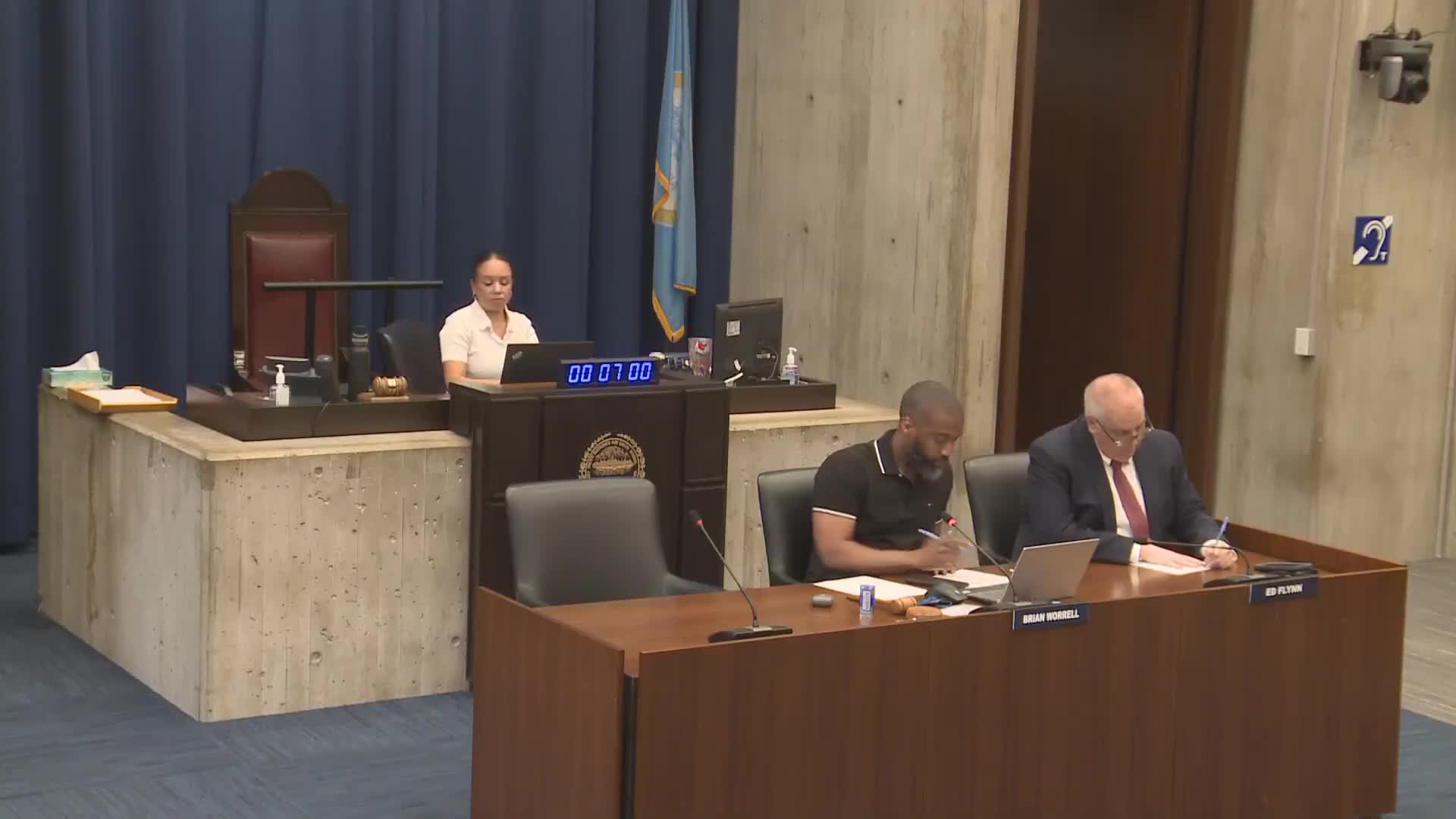
Allston-Brighton residents press council to move Jackson Mann and McKinney projects into construction, reallocate 'City Hall on the Go' funds to parks
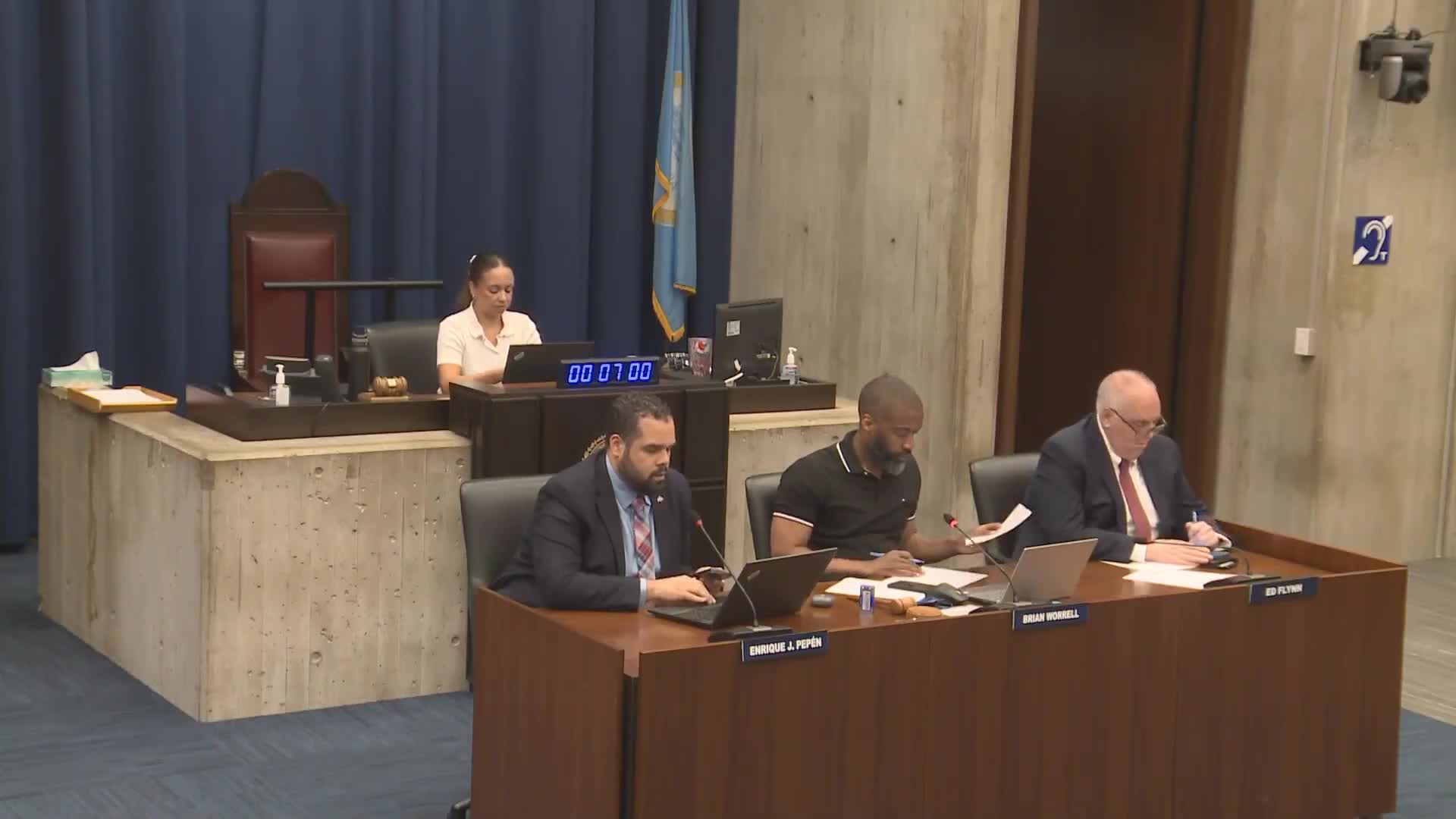
Resident asks council to create $5 million home-repair loan program for seniors with homes held in trusts
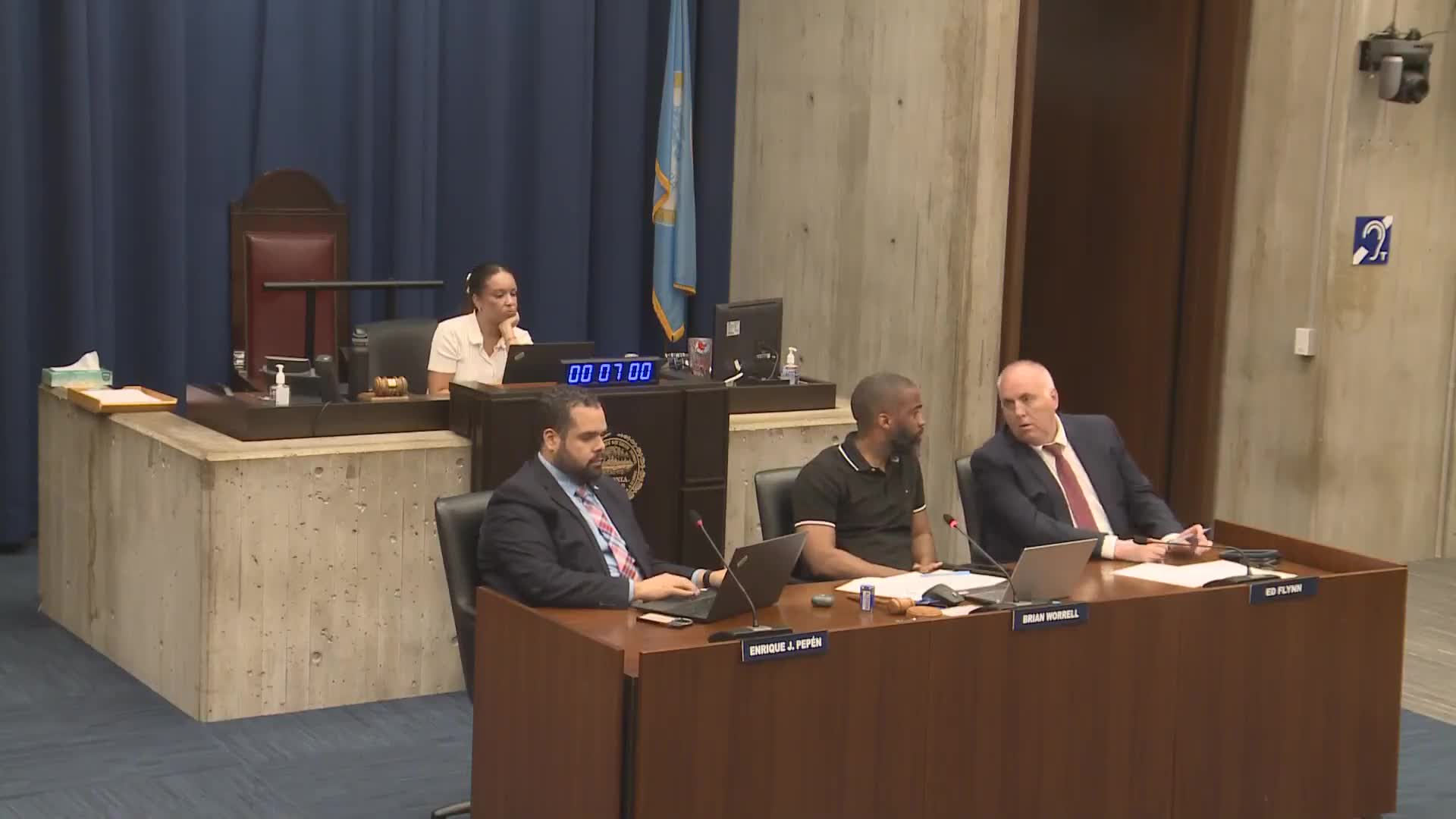
Teachers urge council to keep Access to Counsel program to prevent student homelessness
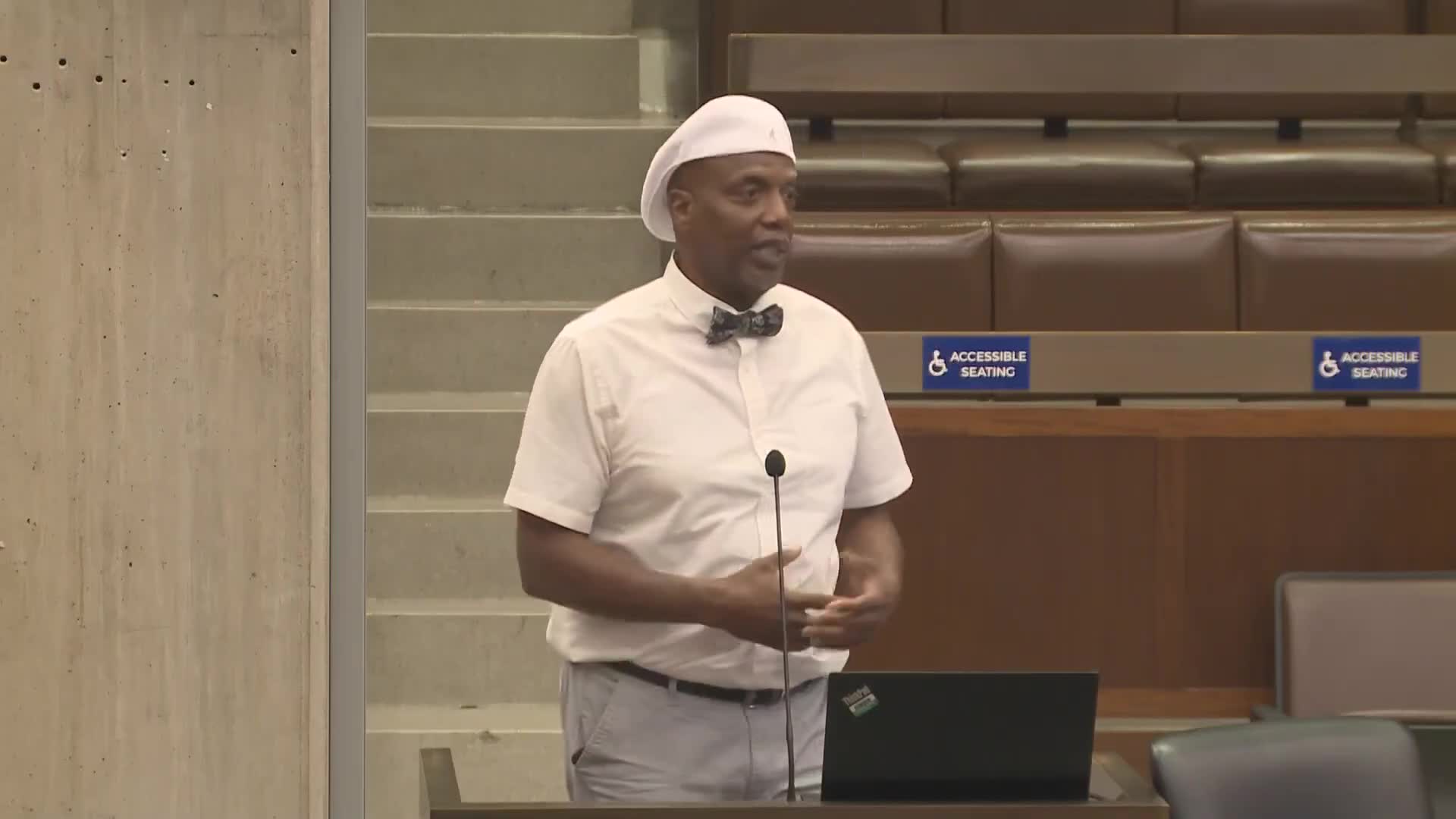
Youth and organizers call for cutting police funding and redirecting money to housing, jobs and mental-health response
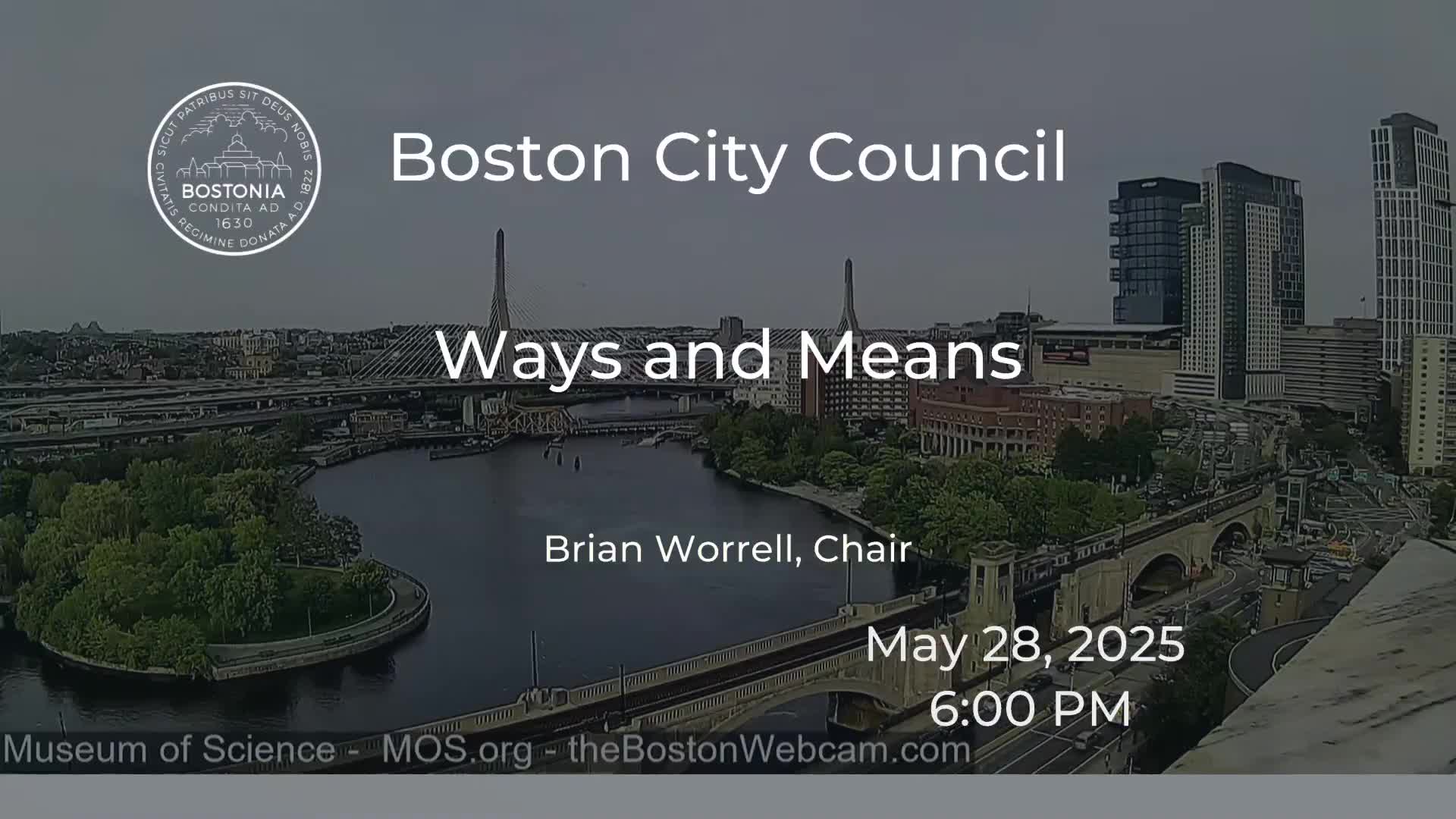
Former councilor urges restoration of Hennigan School pool, cites community access and neighborhood need
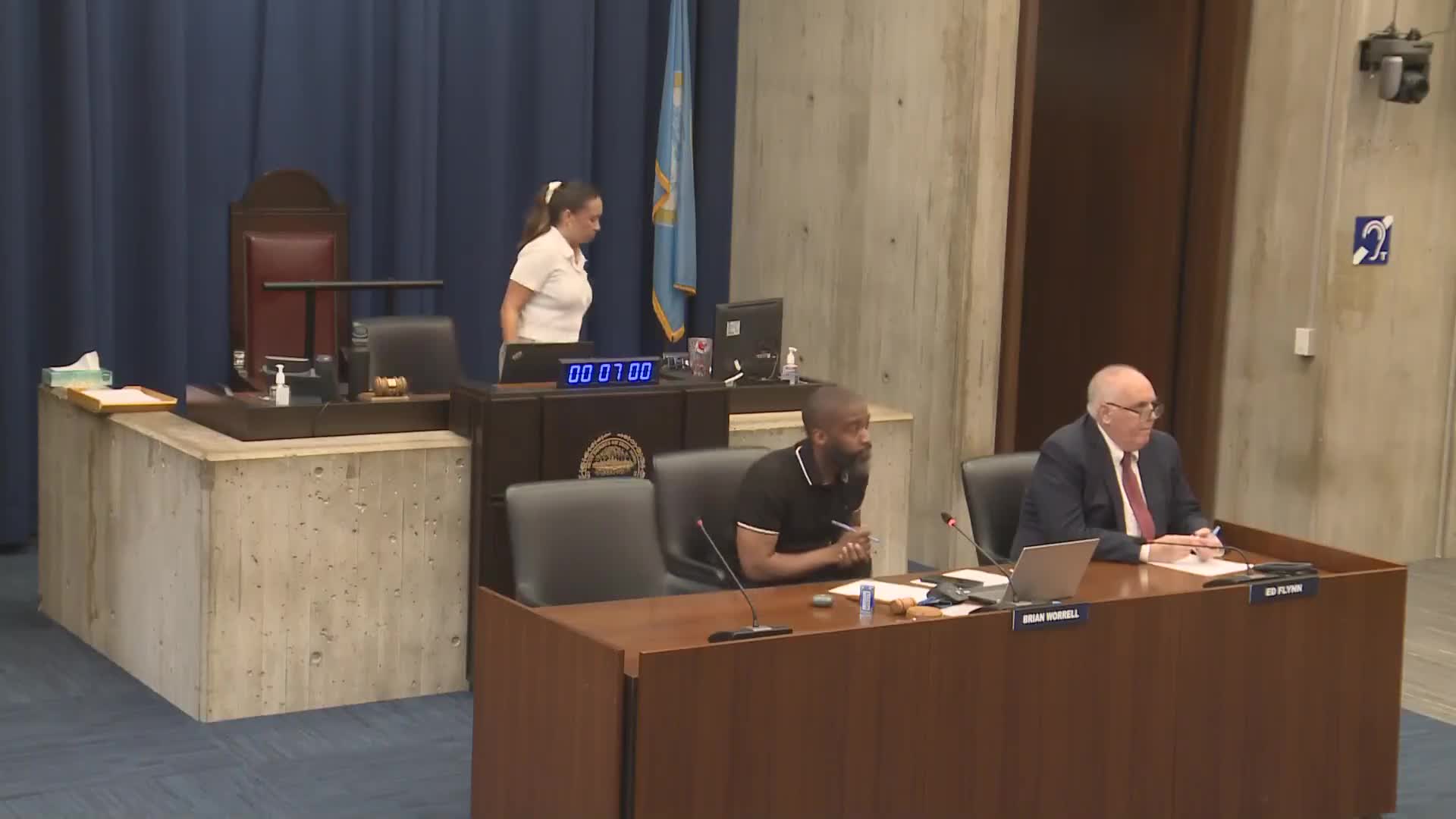
Immigrant-serving groups ask council to boost ESOL funding to $500,000 for FY26
